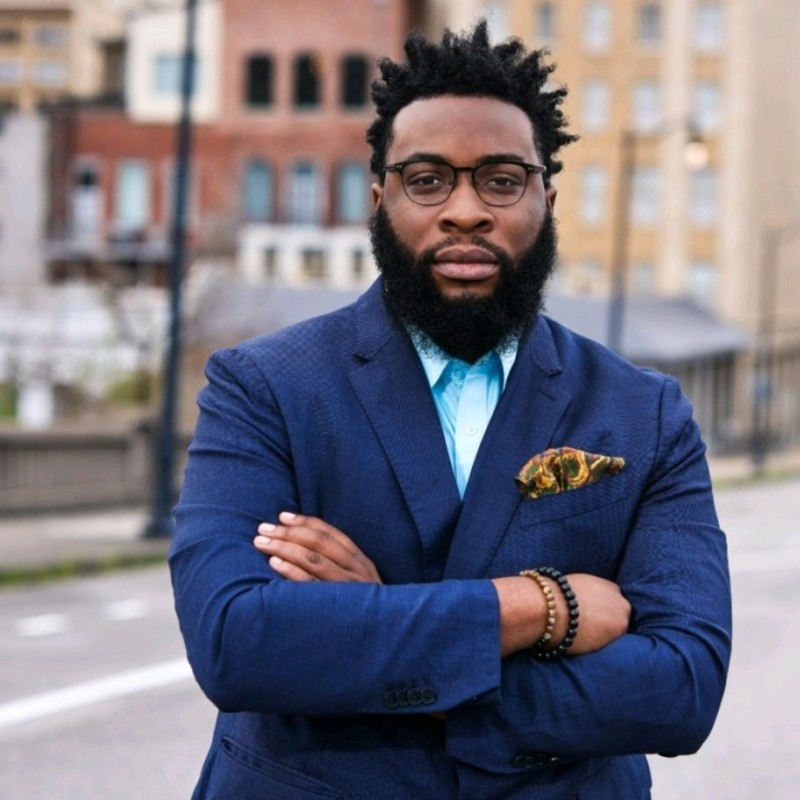 Today, we’d like to introduce you to Elijah E. Davis.
Today, we’d like to introduce you to Elijah E. Davis.
Hi Elijah, we’d love for you to start by introducing yourself.
One becomes reflective in the 11th hour of the Twenties. In short, I’m from a bunch of hoods in Mobile, Alabama, I lived in the Midwest as a kid/preteen, moved back as a teen, and then moved to Birmingham to attend UAB. After graduating with a degree in economics, I began working for a consulting firm where I built a deep vocabulary of management and financing.
My favorite fun fact from this era was that I also worked as an office manager for an HVAC company and co-founded a local band! From there, I interned at a chamber of commerce for a Birmingham suburb. Following that, I walked into what would become my passion work for five years, leading and developing community economic development programs, partnerships, and engagement in the Fourth Avenue Historic District, Birmingham Civil Rights National Monument District, and the Birmingham region.
Currently, I work at an applied research think tank and am building a consultancy in my spare time. I’m also the co-founder of an initiative to build a community of neighborhood stakeholders across the country to access and advocate for equitable development resources.
I’ve always wanted to be creative and catalyze community impact in tangible ways. The journey is not over and it’s been both fun and frustrating taking a sinuous path. Hopefully, it’s the road less traveled. I’m expecting the TVA to pop up through an orange, interdimensional portal at any minute.
We all face challenges, but looking back, would you describe it as a relatively smooth road?
“Well, son, I’ll tell you:
Life for me ain’t been no crystal stair.
It’s had tacks in it,
And splinters,
And boards were torn up,
And places with no carpet on the floor—
Bare.
But all the time
I’se been a-climbin’ on,
And reachin’ landings,
And turnin’ corners,
And sometimes goin’ in the dark
Where there ain’t been no light.
So boy, don’t you turn back.
Don’t you sit down on the steps
’Cause you find it’s kinder hard.
Don’t you fall now—
For I’se still goin’, honey,
I’se still climbin’,
And life for me ain’t been no crystal stair.”
– “Mother to Son”, Langston Hughes
Brother Langston had intergenerational bars. I’ve faced(ing) most things that most brothers from the hood face. Not sitting on the steps is easier said than done, but I’m grateful for my [small but solid] village.
There’s a lot I could discuss but I’ll home in on a few years ago during the Zillennial “Blip” – COVID-19. I’m normally vehemently against bloggy jargon to define experiences, but the term “economic first responder” – used to describe development professionals and small business service providers who worked as navigators of economic relief in the pandemic – became resonant.
I count myself as blessed to serve as a connector, resource provider, and a listening virtual ear during the pandemic, but I also learned a life lesson about the recoil of resilience and the benefits of balance.
Can you tell our readers more about what you do and what you think sets you apart from others?
I’m so glad to answer this question. I suppose it’s my fault that folks don’t really know what I do and how I do it. How folks have introduced me recently has been quite comical. It’s felt at times like Kang the Conqueror’s opening monologue in Loki (“some call me…”).
I have felt like He Who Remains at the end of business workshops that banks put on that nobody asked for, though. At my core, I’m an organizer/initiator/leader, researcher, strategist, and creative. Professionally, I’m a community economic development doer, researcher, and consultant.
Doer – Because I’m Southern (the Midwest for us is the relocated South), I grew up hearing scripture principled (read benignly misinterpreted) for daily life. “You got to be a doer of the word and not a hearer only.” That recitation sits with me because I never want to be a talking head. I don’t want to be a panel-er with no prosperity. So I’m a doer. I worked “on the ground” and still prefer that modality of getting work done.
Practically, this looks like developing programs or products to solve problems for communities or business owners. At my first job, I assisted firms with connections, operational strategy, and financial consulting to help them scale. At my second job, I blended community organizing and the skills from my first job to develop financial and capacity-building programs for local business owners. For the next phase of my career, I will strive to bring new levels of capital to communities and redevelop the built environment.
Researcher – To “do”, you must determine. To determine, you must diagnose. I was on my high school scholar’s bowl team and was generally a teenage armchair historian. Instead of baseball trading cards, my teenage thing was Illuminati conspiracy YouTube videos. I never bought in, but the logical fallacies, low-fi voiceovers, and Windows 98 graphics were fun. My mother was rightfully concerned. Additionally, my goal for my 10-year-old self was to “Stump the Schwab.”
What I’m saying is that I enjoy seeking things out, and the way that translates into my professional career is that I perform applied research, which includes inquiries on economic characteristics and indicators of communities, literature review, and qualitative analyses of management models and primary data. The analysis then leads to synthesis – the ‘sensemaking’ – and finally, the socialization of the findings through internal briefs or public-facing materials.
Consultant – The research is applied and translational, meaning that the research is grounded in the real world, and the work is intended to advance knowledge to solve real-world problems in real time. I take the muscle memory of “the doing” and the insights from “the searching” to develop implementable strategies to improve or reform ecosystems, organizations, and firms. This can look like de novo program design, pointed business advisory, or developing strategic, evidence-based recommendations for an initiative.
I think what sets me apart in economic development is the ability to intuit, investigate, and implement. It’s a transferrable skillset just out of the forge with a molten shape. I look forward to the hamming and hardening of my skillset that the next phase of my career will bring.
Do you have recommendations for books, apps, blogs, etc?
My apps are fairly minimal (ha!). Podcasts have generally run amuck in today’s mediascape, but I enjoy NPR’s Marketplace and the TED Radio Hour. I read a lot of manuals and technical memorandums, and I recommend it for any toddler professional looking to be immersed in their industry.
Similarly, learning about, connecting with, and dissecting other models are critical to my work and thinking, so I subscribe to a large swath of [free] industry newsletters and invest in access to American Business Journals. For leisure, I enjoy The Brands That Built America show for inspiration and Marvel/Star Wars for its general allegories.
Contact Info:
- Website: www.elijahedavis.com
- Instagram: @elijahedavis, @thegreenlightbandbham, and @_haands
- Facebook: facebook.com/elijahedavis and facebook.com/thegreenlightbandbham
- Linkedin: https://www.linkedin.com/in/elijahedavis/
- Twitter: @elijahedavis and @_haands
- Youtube: @_haands and @thegreenlightbandbham
- Other: elijahedavis.medium.com
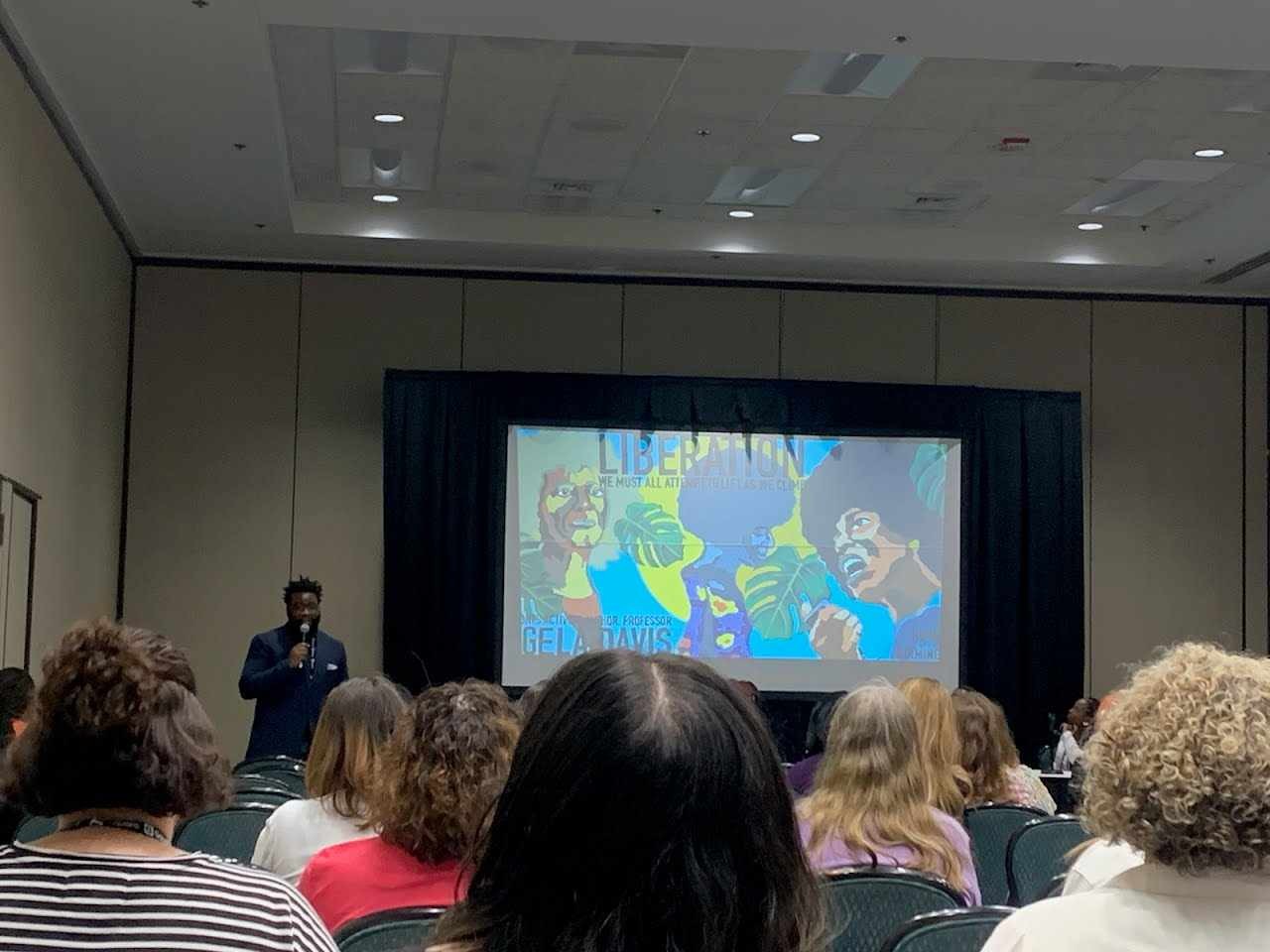
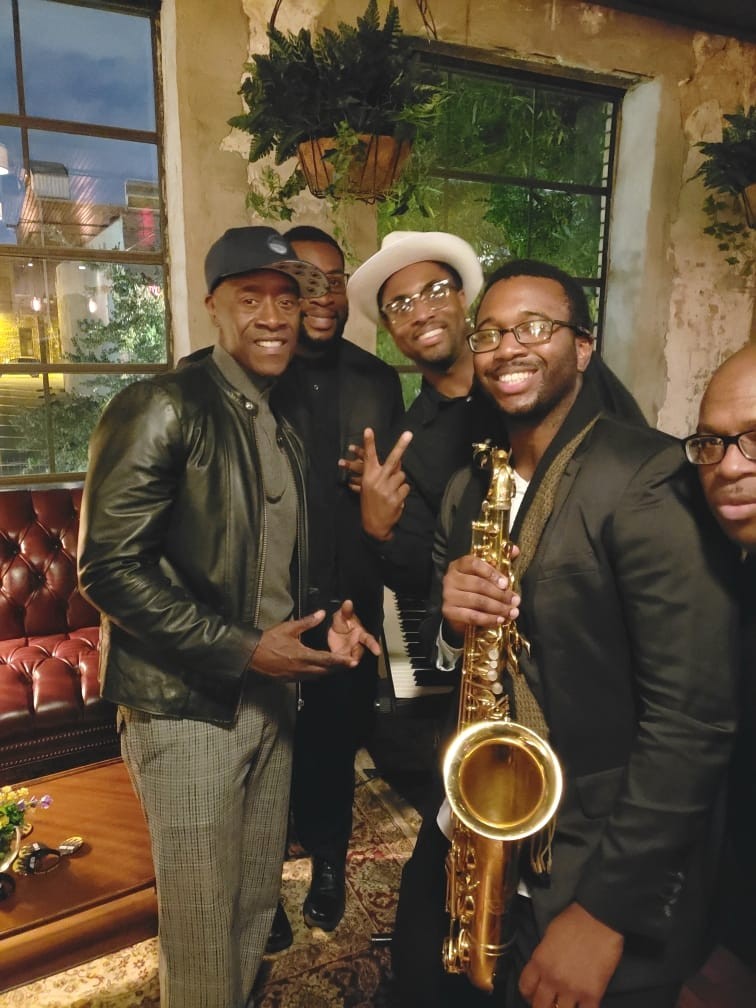
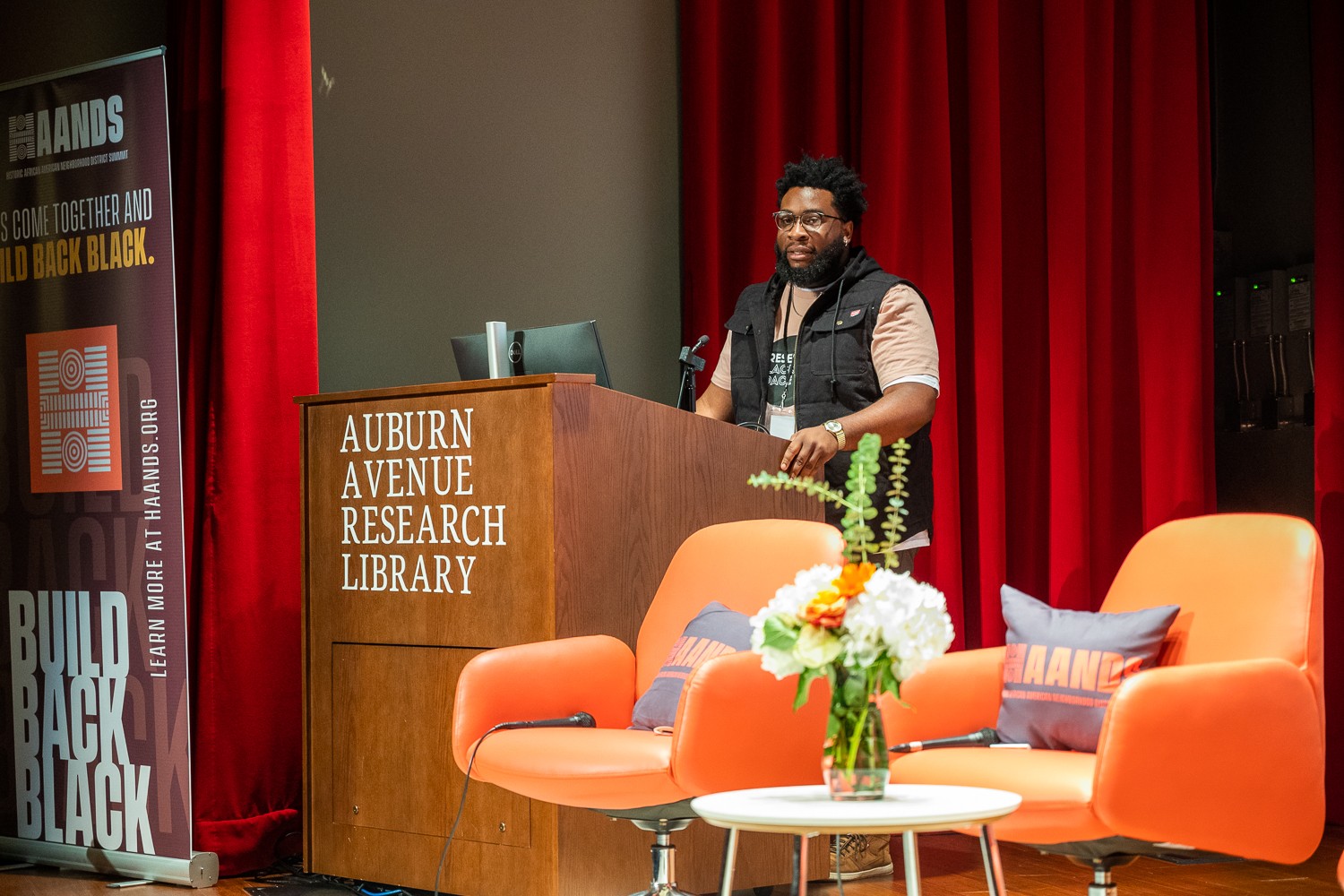
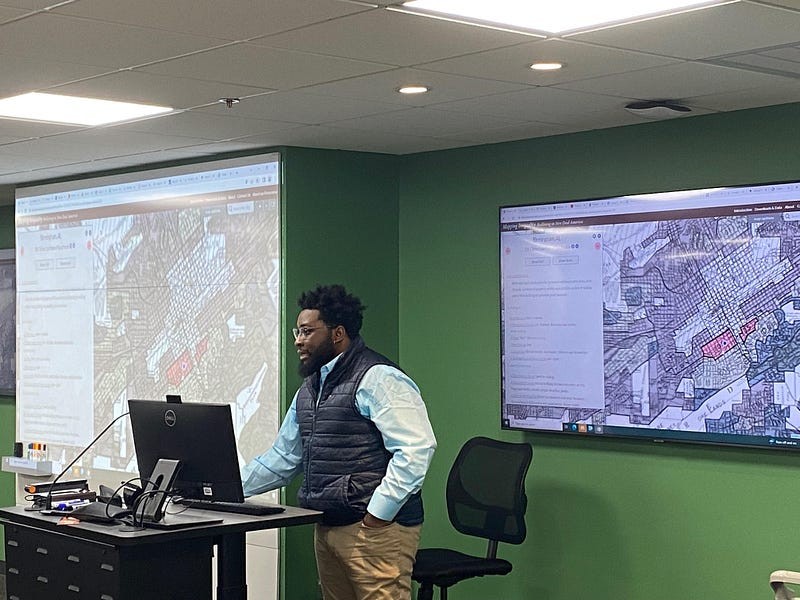 Image Credits
Image Credits
www.aboswellmedia.com













